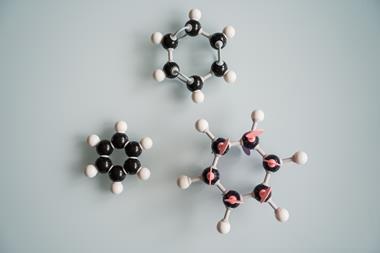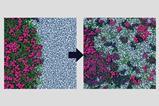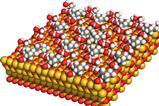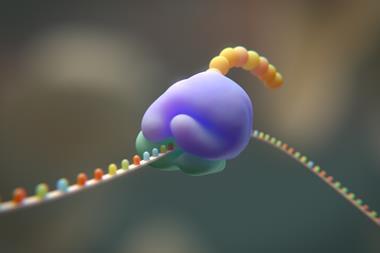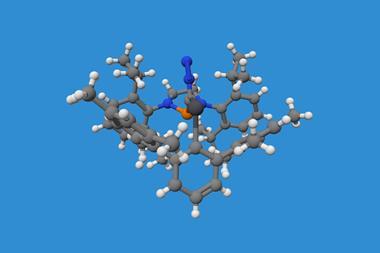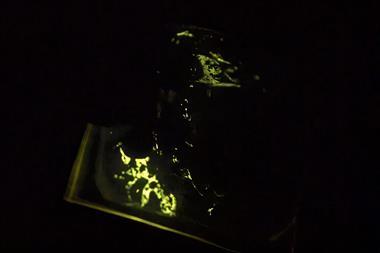The role of materials science in many of today’s technologies hinges on how one material affects another. As a result, a vast body of research is carried out worldwide into surfaces and interfaces. Atomic-scale models of surfaces advance our conceptual understanding, and also deliver quantitative predictions of properties for the design of new materials within devices, formulations and products. With faster hardware and user-friendlier software, these atomic-scale calculations are finding their place in mainstream R&D – both industrial and academic.
In this hour-long, interactive webinar you will learn about a variety of atomistic models of surfaces and gain perspective on the underlying rationale, benefits and limitations of each. Molecular mechanics, quantum mechanics and microkinetics will feature as the main computational engines for interfaces between gases, liquids, solutes, films, electrodes, catalysts and more. This webinar will be suitable for chemistry professionals looking to integrate modelling into their research in a way that delivers tangible scientific results.
Speaker

Simon Elliott, Director of atomic level process simulation





